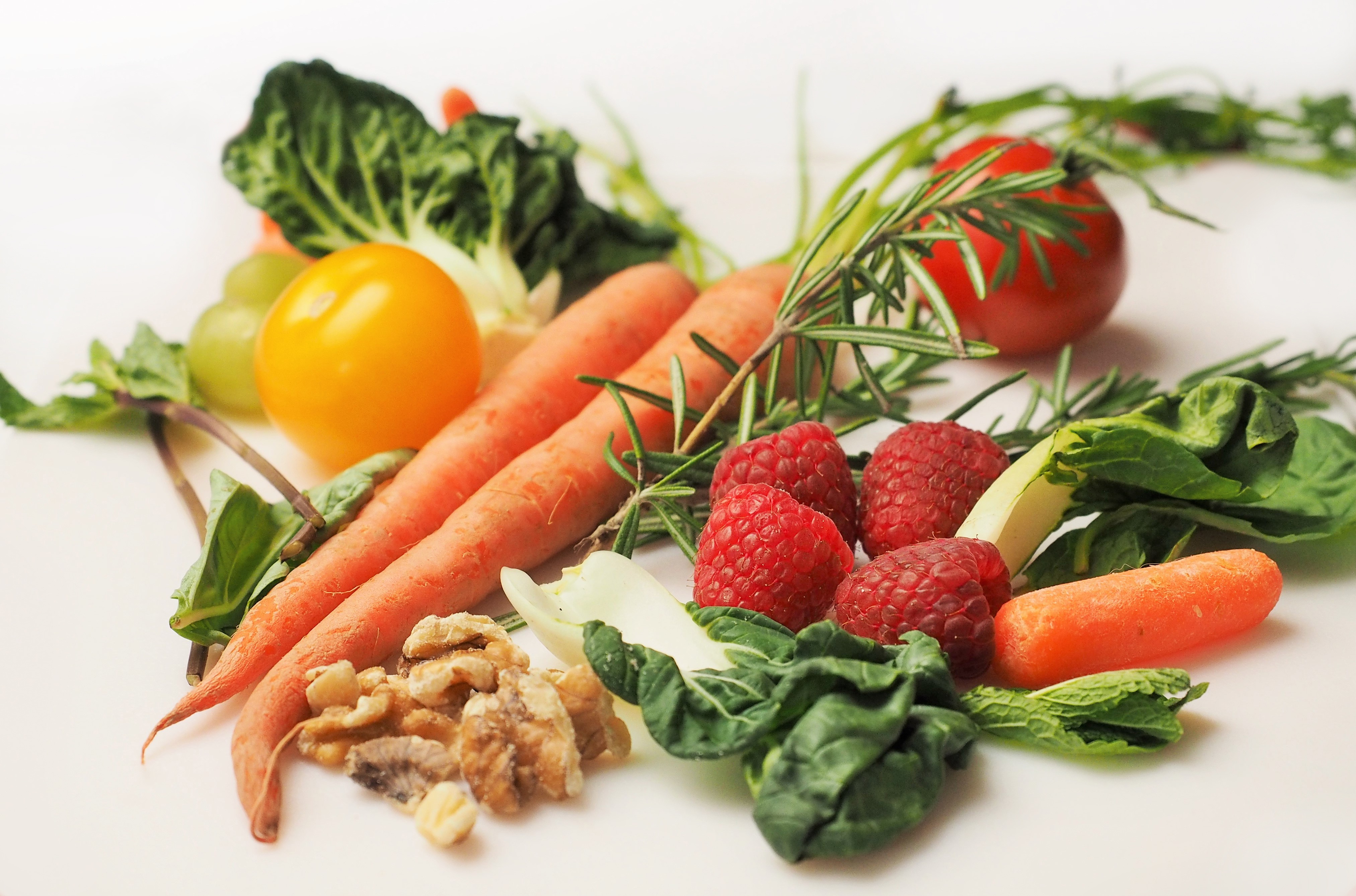Hi Amanda, my kids are 1 and 3 years old. I am wondering about buying organic versus non-organic. Is it really necessary to buy organic?
Thanks for asking this question! This is a personal preference, however, there are ways to make informed decisions when you are shopping to ease the process.
In general, organic foods, like fruits and vegetables, have the same vitamins and minerals as conventional foods, but they are lower in pesticides. This can be significant for children. In addition, organic animal products are less likely to be contaminated with drug-resistant bacteria because U.S. organic farming rules prohibit the non-therapeutic use of antibiotics.
If cost was no factor at all, buying organic would be a good option. However, for most of us, this is not the case. When possible, I buy milk and meats that are organic, then followed by dairy foods (like yogurt and kefir). For fruits and vegetables, there are many good resources available to help inform your shopping. I refer to research and expertise provided by the Environmental Working Group. Each year, they release a Dirty Dozen and Clean 15 list of fruits and vegetables. When possible, I try to buy organic if the fruits and vegetables are on the Dirty Dozen list. The produce on the Clean 15 list, I am more likely to buy conventional (or non-organic).
There are other factors to consider as well. Organic produce from far away may have to travel for longer to get the store where you buy it. Local produce might sometimes be the fresher option, even if it is conventional. Plus, small farmers at farmers’ markets, for example, may practice sustainable farming techniques without becoming certified organic because it is cost prohibitive.
Most important is to offer children a wide variety of fruits and vegetables, whether organic or conventional. And, make sure to wash all fruits and vegetables well before consuming them!


